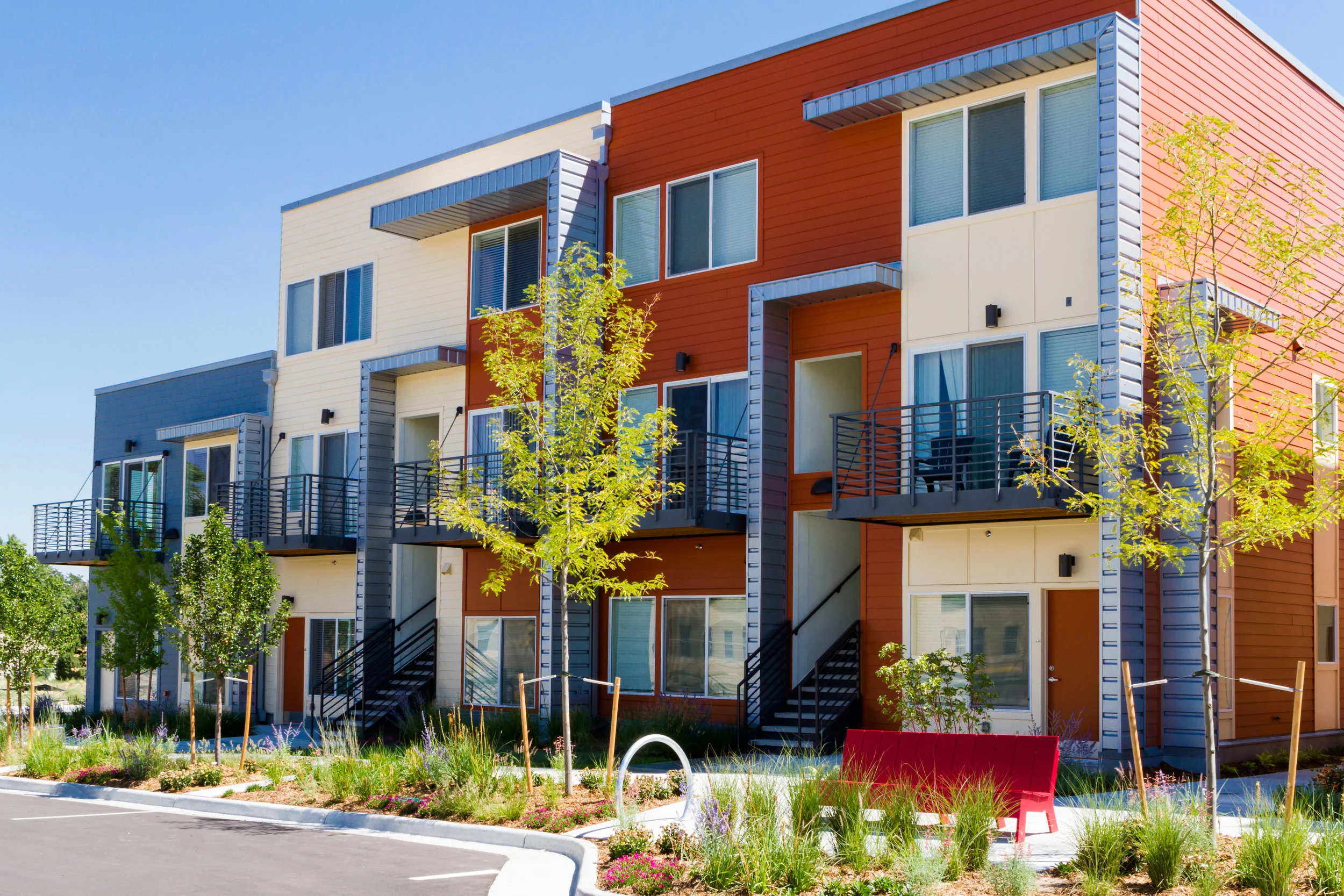Dear Dave,
I own an older home, built in the 1980’s. I’m doing some upgrades this spring and am considering adding on to it. I recently saw a home that was a similar age and when they remodeled they turned the 2 car garage into a living room and opened up the adjoining wall into the house. Something like this might suit our needs perfectly. What are your thoughts on this? Is it good for potential resale or would I be better off leaving it as a small garage and not adding living space.
Thanks - I would appreciate the advice.
John - Grand Junction, CO
John,
This one is a tough one. If you need extra living space, it does not get any more convenient or inexpensive than to convert the garage to a new living room or couple of bedrooms. Keep in mind that the conversion does come at the expense of valuable resale space, the garage. I am one of those who believe the garage is sacred space! Where would one put his duck decoys, bikes (motor of pedal), ATV’s, kayaks, canoes, dog kennels, gun safes, hunting gear, tool boxes, work bench etc.? I am sure you see my point. A garage, especially here in Western Colorado, is valuable space and hard to replace. Oh, and I nearly forgot, you might even have enough room to park your car!
For resale purposes I am of the belief that the conversion will generally cost you money and not increase your value. That being said, if you convert and add 2 bedrooms and go from a 3 bedroom home to a 5 bedroom home, you might find someone who has a large or blended family that has a specific need for the extra bedrooms. In this specific scenario I could see the possibilities of the conversion adding value. Outside of this specific situation I think the loss of the garage outweighs in cost and function the addition of added living space.
The last thing to consider is to go ahead and make the conversion, but do so in such a way that you will be able to easily convert it back when/if you sell in the future. By doing this you will have a cost effective addition and keep the flexibility to convert it back easily. This is a common practice and is easy to remedy when the time comes to sell.
“As you can see, I am a fan of garages and believe that having a garage is an important and valuable feature.”
As you can see, I am a fan of garages and believe that having a garage is an important and valuable feature. I will close with this, if a conversion will fit the needs of your family perfectly, then go ahead and do it and enjoy living there with the added living space. Converting and then converting back in the future will surely be less expensive than selling and buying. If the rest of the house fits your needs, just convert and do so in a way that leaves you the flexibility to easily convert back if needed. Hope this helps!
Dave Kimbrough
The Kimbrough Team



















